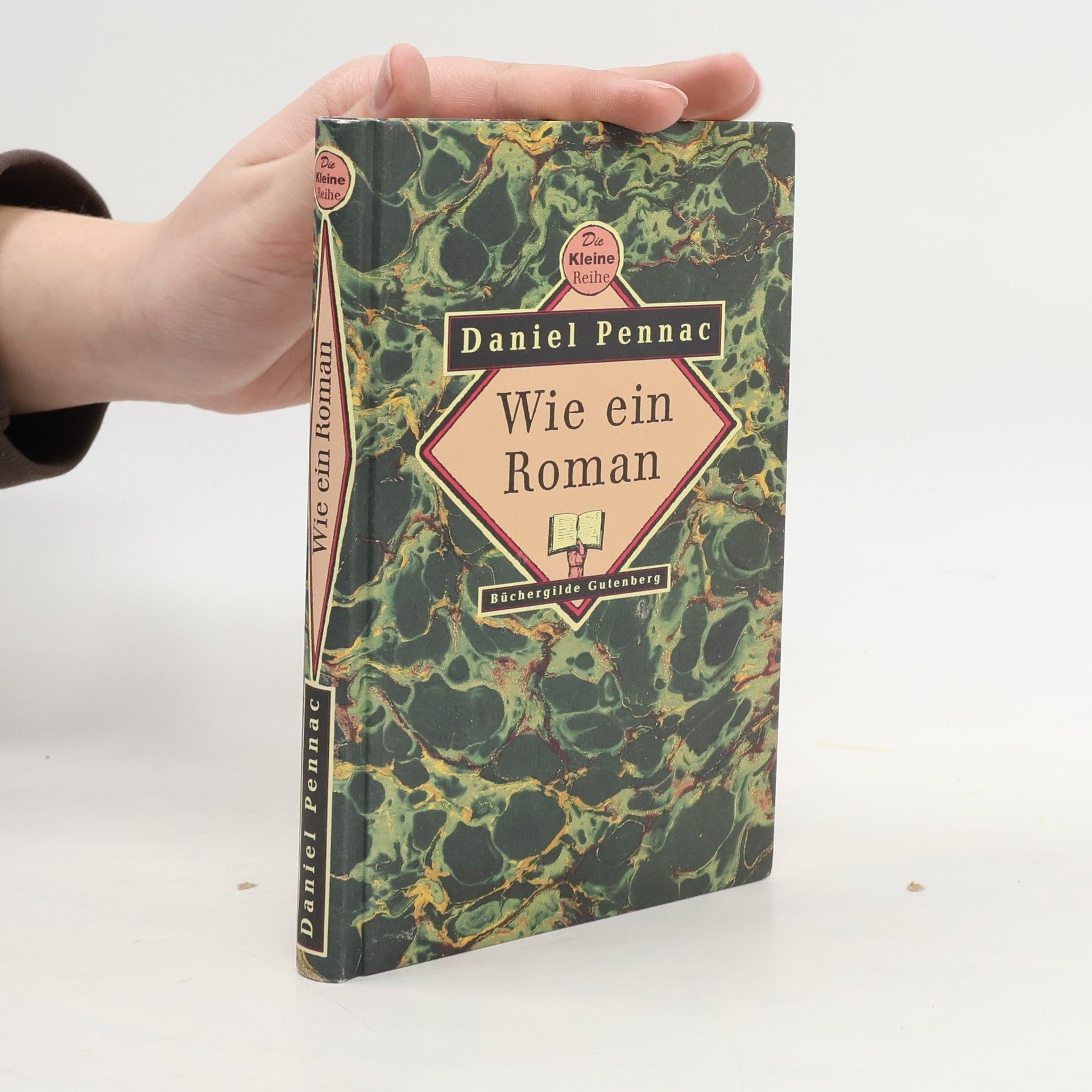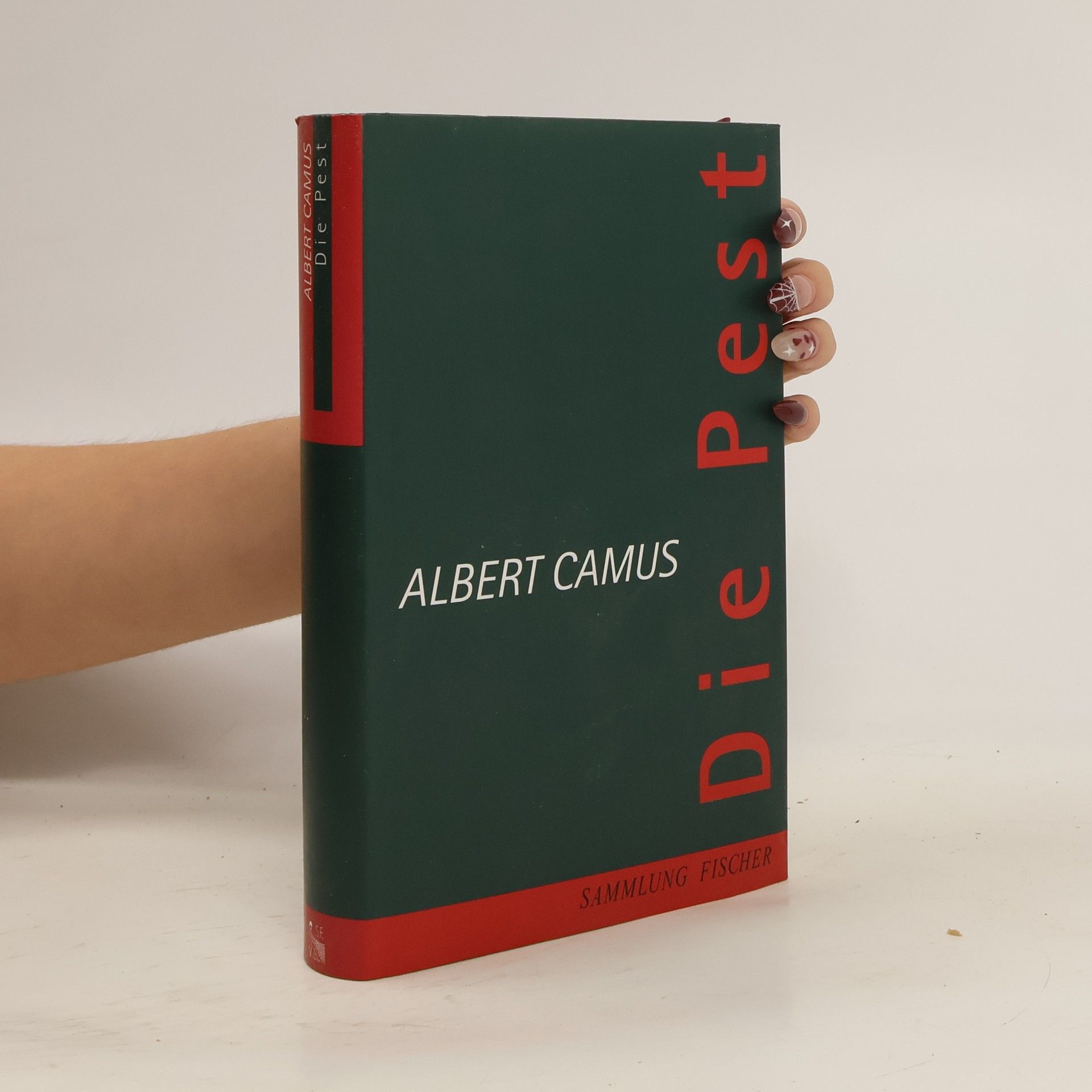Povídka prostoupená fascinací prostým člověkem a jeho dokonalým splynutím s přírodou. Obraz provensálského pastýře je oslavou neokázalé vytrvalé činnosti, která si nedělá nárok na odměnu, a přece se svým výsledkem blíží aktu stvoření. Jean Giono vzbudil touto povídkou zájem o zalesňovací program. Stala se pro ochránce přírody inspirací k zalesňování celých oblastí.
Uli Aumüller Knihy

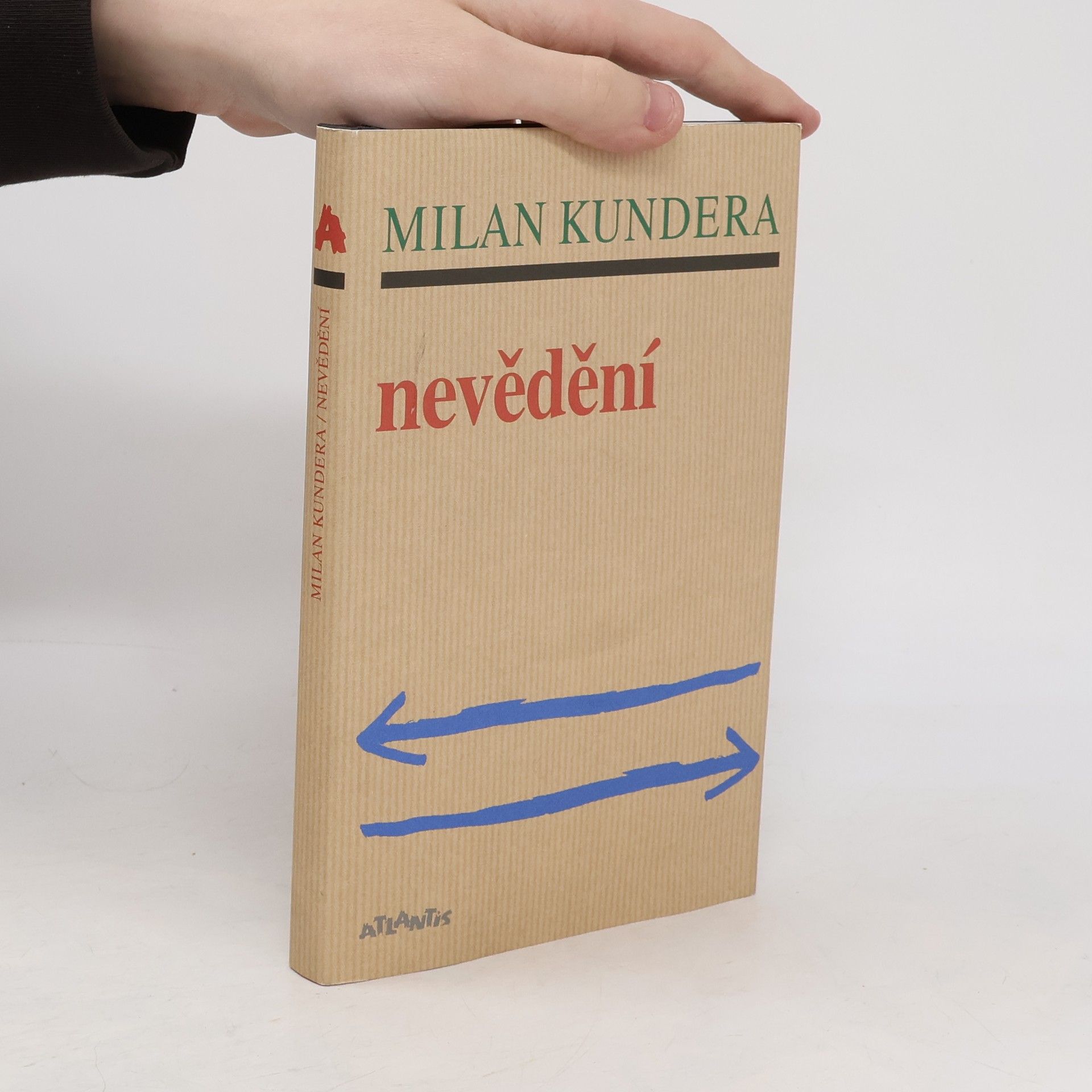

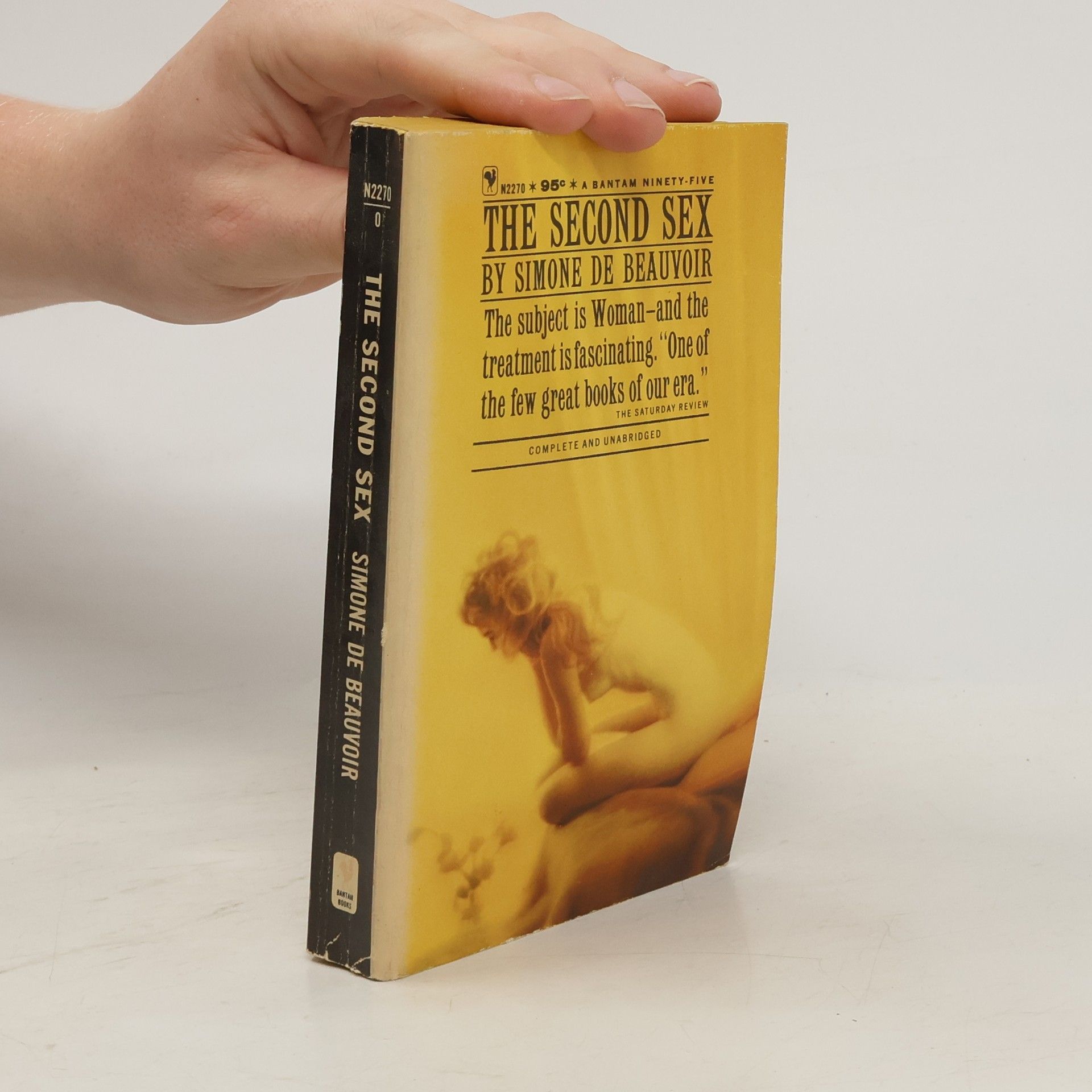
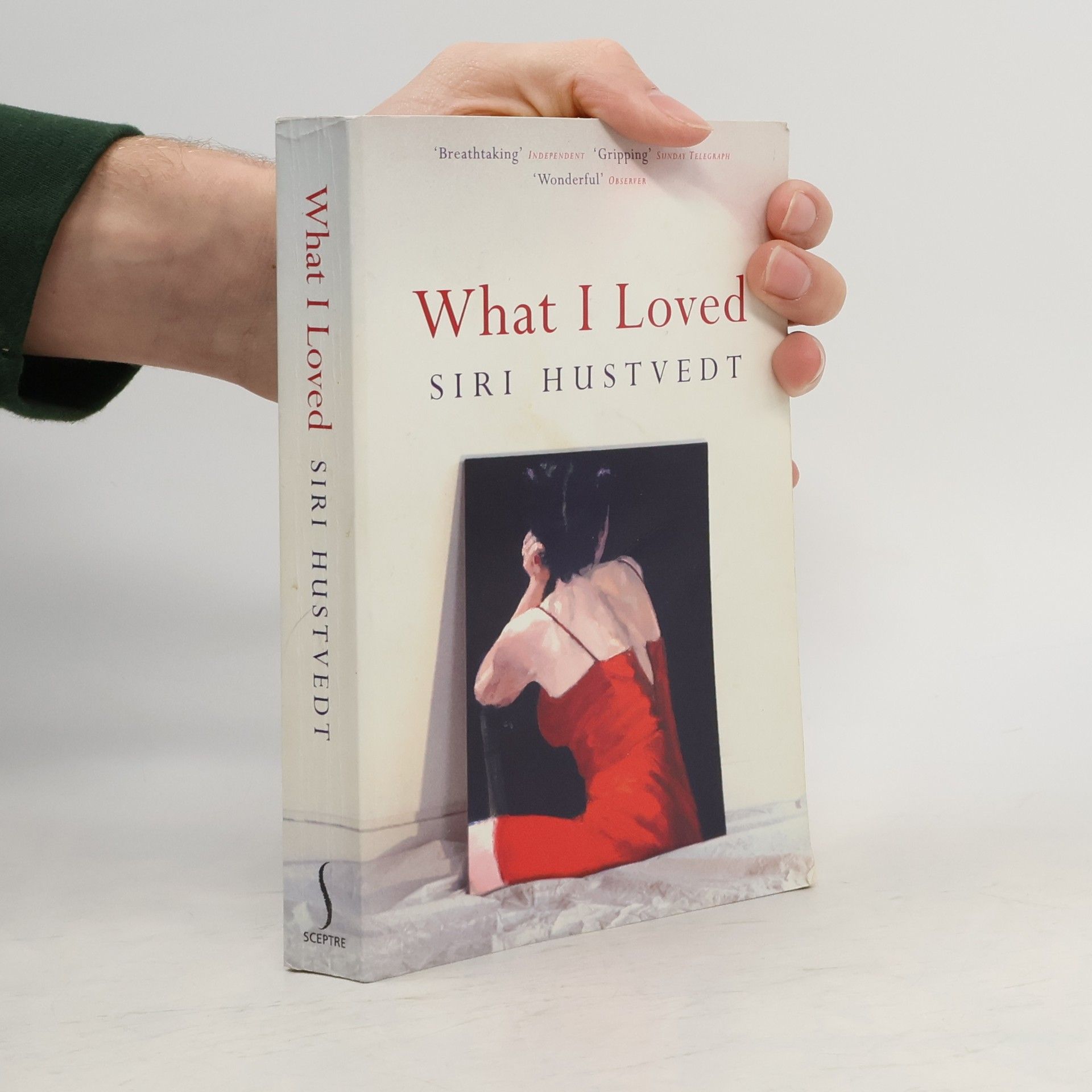
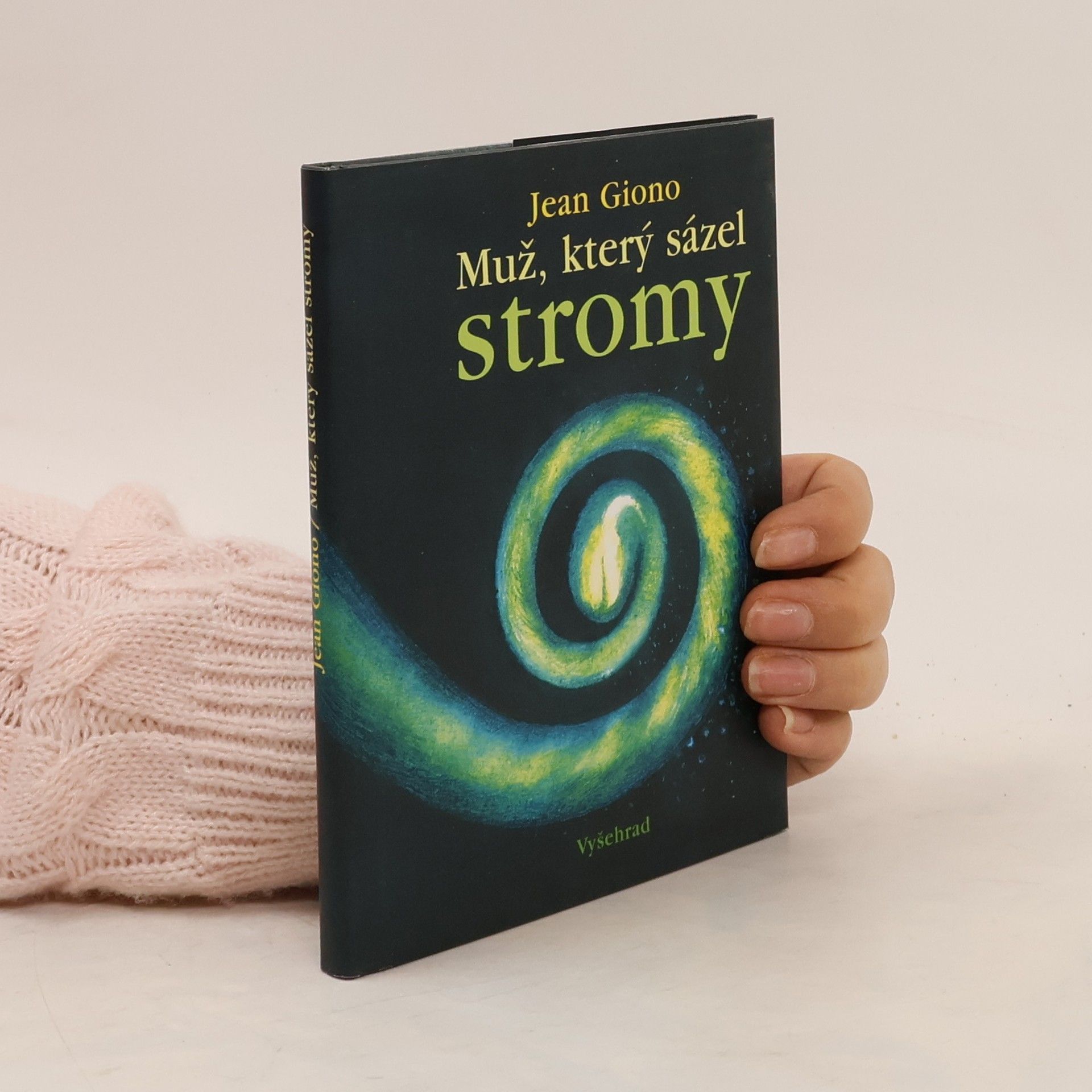
What I Loved
- 384 stránek
- 14 hodin čtení
From the author of "The Enchantment of Lily Dahl" comes a powerful and heartbreaking novel that chronicles the epic story of two families, two sons, and two marriages.
'Everyone who cares about freedom and justice for women should read The Second Sex' Guardian Simone de Beauvoir famously wrote, 'One is not born, but rather becomes, a woman'. In this groundbreaking work of feminism she examines the limits of female freedom and explodes our deeply ingrained beliefs about femininity. Liberation, she argues, entails challenging traditional perceptions of the social relationship between the sexes and, crucially, in achieving economic independence. Drawing on sociology, anthropology and biology, The Second Sex is as important and relevant today as when it was first published in 1949.
The Curtain
- 176 stránek
- 7 hodin čtení
"A magic curtain, woven of legends, hung before the world," writes Milan Kundera in The Curtain, his fascinating new book on the art of the novel. "Cervantes sent Don Quixote journeying and tore through the curtain. The world opened before the knight-errant in all the comical nakedness of its prose." For Kundera, that curtain represents a ready-made perception of the world that each of us has—a pre-interpreted world. The job of the novelist, he argues, is to rip through the curtain and reveal what it hides. In this entertaining and always stimulating essay, Kundera cleverly sketches out his personal view of the history and value of the novel in Western civilization. Too often, he suggests, a novel is thought about only within the confines of the language and nation of its origin, when in fact the novel's development has always occurred across borders: Laurence Sterne learned from Rabelais, Henry Fielding from Cervantes, Joyce from Flaubert, García Márquez from Kafka. The real work of a novel is not bound up in the specifics of any one language: what makes a novel matter is its ability to reveal some previously unknown aspect of our existence. In The Curtain, Kundera skillfully describes how the best novels do just that.
Nevědění
- 152 stránek
- 6 hodin čtení
Česká emigrantka Irena žije ve Francii od svého útěku z Československa po invazi vojsk Varšavské smlouvy v roce 1968. V roce 1989, kdy sametová revoluce svrhne vládnoucí Komunistickou stranu Československa, se Irena po dvaceti letech života v emigraci rozhodne vrátit do svého domova. Během cesty se náhodou setkává s Josefem, kolegou z emigrace, který byl v Praze krátce jejím milencem. Román podává jímavý obraz lásky a jejích projevů, což je téma, které se v Kunderových románech opakuje. Román zkoumá pocity vyvolané návratem do vlasti, která přestala být domovem. Přetváří tak odysseovské téma návratu domů. Vždy se domníváme, že naše vzpomínky se shodují se vzpomínkami milované osoby, že jsme prožili totéž. Ale to je jen iluze. Na druhou stranu, co můžeme očekávat od naší slabé paměti? Zaznamenává jen "bezvýznamnou, nepatrnou částečku" minulosti, "a nikdo neví, proč právě tento kousek, a ne jiný". Žijeme své životy utopené v obrovském zapomnění, což je skutečnost, kterou odmítáme uznat. Jen ten, kdo se po dvaceti letech vrátí, jako Odysseus vracející se na rodnou Ithaku, může být oslněn a ohromen. Nevědění, předposlední román Milana Kundery napsaný francouzsky, vychází poprvé v českém překladu Anny Kareninové. S doslovem Sylvie Richterové.
Totožnost
- 136 stránek
- 5 hodin čtení
Román nabízí zamyšlení o našem místě na Zemi, poznání sebe sama, o smrtelnosti, věrnosti, o lásce. O stárnutí každého z nás, ale také o stárnutí moderní evropské kultury jako celku. Jean-Marc zanechal studia medicíny a smysl svého života vidí ve vztahu s Chantal, starší a zkušenější ženou. Snaží se zahnat její obavy ze stárnutí a aby jí dokázal, že je stále přitažlivá, posílá jí anonymní dopisy s vyznáními. Tato nevinná strategie však bude mít neočekávané následky. Typicky "kunderovská" zápletka je postavena na zpochybnění lásky a důvěry, které jsou ve světě nejistoty pro partnery jistotou. Co se ale stane, když se rovnováha poruší? Proč je naše jedinečnost ve vztazích tak podstatná? Jak ji zachovat v době, kdy na nás ze všech stran útočí nerealistické představy o kráse, lásce a erotice?
Die Kleine Reihe: Wie ein Roman
- 163 stránek
- 6 hodin čtení
Voller Witz, Charme und Intelligenz schreibt Daniel Pennac gegen Leseverdrossenheit und Bildungsdruck, gelingt es ihm überzeugend, Forderungen der Pisa-Studie einzulösen. Er plädiert für die unantastbaren Rechte des Lesers: Die 10 Rechte des Lesers: 1. Das Recht, nicht zu lesen 2.Das Recht, Seiten zu überspringen 3. Das Recht, ein Buch nicht zu Ende zu lesen 4. Das Recht, noch einmal zu lesen 5. Das Recht, irgendwas zu lesen 6. Das Recht auf Bovarysmus, d. h. den Roman als Leben zu sehen 7. Das Recht, überall zu lesen 8. Das Recht, herumzuschmökern 9. Das Recht, laut zu lesen 10. Das Recht, zu schweigen
Sammlung Fischer: Die Pest
- 362 stránek
- 13 hodin čtení
